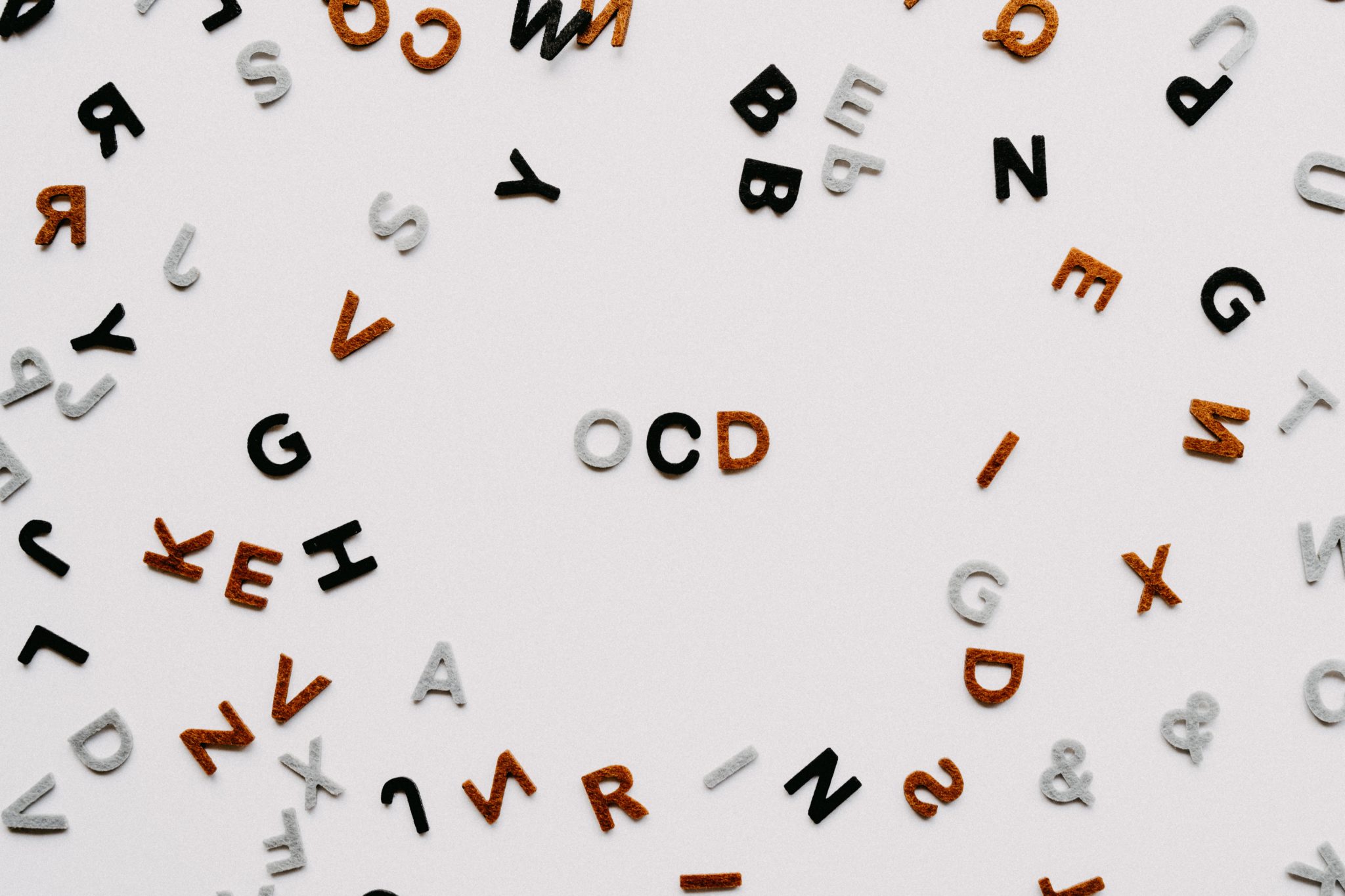Do you or a loved one have OCD? OCD or obsessive-compulsive disorder is a chronic mental health disorder. There are many misconceptions and stigma behind Obsessive Compulsive Disorder. This stigma causes people to not seek treatment for their OCD and even be misdiagnosed with OCD. Many people think of OCD as cleanliness or needing organization. These stigmas of OCD affect how those with OCD are treated by others. They also affect how those with OCD treat themselves. Are you aware of the stigmas of OCD?
With OCD a person may feel that they have uncontrollable thoughts or compulsive behaviors or even both. Some people stigmatize that there are no treatments for those with OCD. This is not the case. Even though treating Obsessive Compulsive Disorder can be difficult there are a range of medications and therapies that can help.
Psychotherapy has been shown to be beneficial for treating OCD. Cognitive behavioral therapy and exposure and response prevention can help symptoms of Obsessive Compulsive Disorder. OCD obsessions interfere with daily activity and can cause an extreme amount of distress. Obsessions can range from aggression, guilt, sex, and much more. People that ignore their obsession or compulsions can make the obsessions worse and keep occurring over time.

Ways to Stop the Stigma behind Obsessive Compulsive Disorder:
- Educate yourself and others about OCD. This education will help the stigma behind Obsessive Compulsive Disorder and allows people to better understand themselves and others. This will show society true Obsessive Compulsive Disorder symptoms, struggles, etc. This will help those with OCD seek help. Education is key but can be hard when getting people to understanding the true facts.
- Talk opening about mental health. Talking opening about our mental health allows us to share our story as well as learning others. This will help break down stereotypes and stigma.
- Encourage equality in mental health. People tend to encourage physical health but forget to also encourage mental health. To better understand chronic mental disorders such as OCD we must encourage and spread awareness on mental health and the education of these disorders.
- Be aware of effective treatments for Obsessive Compulsive Disorder. When we bring awareness to effective treatments, such as psychotherapy and medications, we are giving people the proper tools to receive accurate treatment and diagnosis. People need to know that there are options when being diagnosed with OCD.

Symptoms of obsessions:
- Thoughts of losing control or harming yourself or others
- Needing things in order or symmetrical
- A fear of contamination or cleanliness
- Unwanted thoughts
Symptoms of compulsions:
- Double checking things such as locks or ovens
- Hoarding
- Constant need to count or repeat verses
- Following a strict routine
These symptoms can start in childhood but mostly occur in teens or young adults. If you think you or a loved one are experiencing these symptoms, seek medical attention from a medical professional. Therapy is a great tool for managing OCD symptoms and behaviors. Do not be afraid to seek help. Do not be ashamed or embarrassed and spread awareness for Obsessive Compulsive Disorder. The stigmas will not change without people educating the public. Every chronic mental health condition is important. With mental health conditions such as OCD, you cannot just relax or get over it.
Listen to your body and mind when questioning your mental health. OCD can cause other disorders such as, depression, eating disorders, anxiety disorders, and much more. Be aware of these other causes that occur from Obsessive Compulsive Disorder so that they do not go unaddressed. Speak up for others and be willing to listen to those that may be afraid to talk to others about their disorder or symptoms. Only we can create the change as a society to end mental health stigma.




